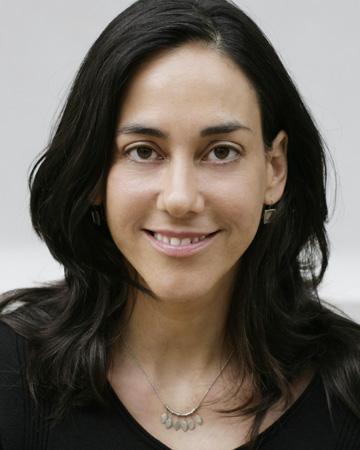 How to Fund in the Fog of War
How to Fund in the Fog of War
By Yifat Susskind, Executive Director of MADRE
I trust Yanar Mohammed with my life, and I’m not the only one.
As the president of the Organization of Women’s Freedom in Iraq (OWFI), Yanar runs an “underground railroad” for women and LGBT people to escape ISIS sexual slavery and assassination. My trust in her is not a figure of speech but the fruit of long-term partnership between our organizations, forged through the years of US occupation, sectarian war and now ISIS.
This long-term partnership and our programmatic collaboration with OWFI makes it possible for MADRE to overcome what many funders consider to be insurmountable barriers to supporting grassroots women’s organizations in war zones.
Yanar and I had the opportunity to discuss these barriers and share strategies to overcome them at Meet the Women and LGBT Activists on the ISIS Frontlines hosted by Philanthropy New York on April 13.
Just the week before, we had organized a convening of a dozen women’s rights organizations in Iraq and relayed their perspective on funding trends since the ISIS incursion in 2014. In a nutshell: just when progressive Iraqi organizations needed financial support the most, funding dried up.
Indeed, it’s precisely in crisis situations of war and disaster, when the need skyrockets, that new obstacles to funding appear. Unpredictable conditions on the ground can make foundation boards reticent to commit funds and make it difficult to identify clear inroads for action. In Iraq, I heard repeatedly how obtuse US and EU counter-terrorism financing regulations are paradoxically stripping resources away from the very people in the region doing the most to counter terrorism: local civil society. I’ve heard virtually the same from local women’s groups in Syria and Libya.
In fact, a wide-ranging assessment carried out by the Peace and Security Funders Group revealed a major lack of funding going to the Middle East and North Africa, just 10% of all peace and security funding surveyed. Participants at the Philanthropy New York event surmised that counter-terrorism financing regulations were having a chilling effect on funding to the region, owing to the risk burden they place on funders.
MADRE has been able to continue our funding in Iraq in part because of our model of long-term, trust-based partnership and our relatively small scale of operations. But not all funders are designed to implement this kind of approach. Moreover, while our size is an advantage to reaching certain goals, it can be a disadvantage to others, such as scaling humanitarian aid programs.
The solution is collaboration between funders of different sizes, employing a diversity of funding models to maximize each funder’s resources and comparative advantage. For instance, OWFI, MADRE and the NoVo Foundation differ greatly in terms of proximity to the crisis and of funding capacity. These diverse capacities came together in a three-way partnership and, earlier this year, enabled the launch of a new shelter in northern Iraq for women escaping ISIS sexual slavery. This shelter is run day-to-day by OWFI, sustained and managed in partnership with MADRE, with indispensable investment from the NoVo Foundation.
Iraqi women’s rights leaders have already identified three avenues for collaborative action, inside and outside Iraq, which could mobilize the strengths of differently situated funders: support to local organizations, support for Iraqi women’s international legal advocacy work, and broader movement-building to bolster women’s activism around peace and security.
Each of those funding priorities tackles root crises but not all invoke the risks associated with funding in a war zone. For instance, funders have supported strategic movement-building convenings of Iraqi and Syrian women’s organizations in Turkey, a safer site and an easier place to disburse funding.
Today, in Iraq and in other war zones, funders can still find moments of opportunity to advance peace and security. Despite chaos and destruction, collaboration between funders who bring different capacities to the table can circumvent obstacles and open new possibilities to protect people’s lives and demand rights.
Think again about spaces that you'd once discarded as too crisis-wracked or dangerous for your funding engagement. Is there an innovative collaboration that could chart a new path forward, for Iraqi and Syrian women or others in war zones? Commit today to bring that question to your next funding strategy session.
